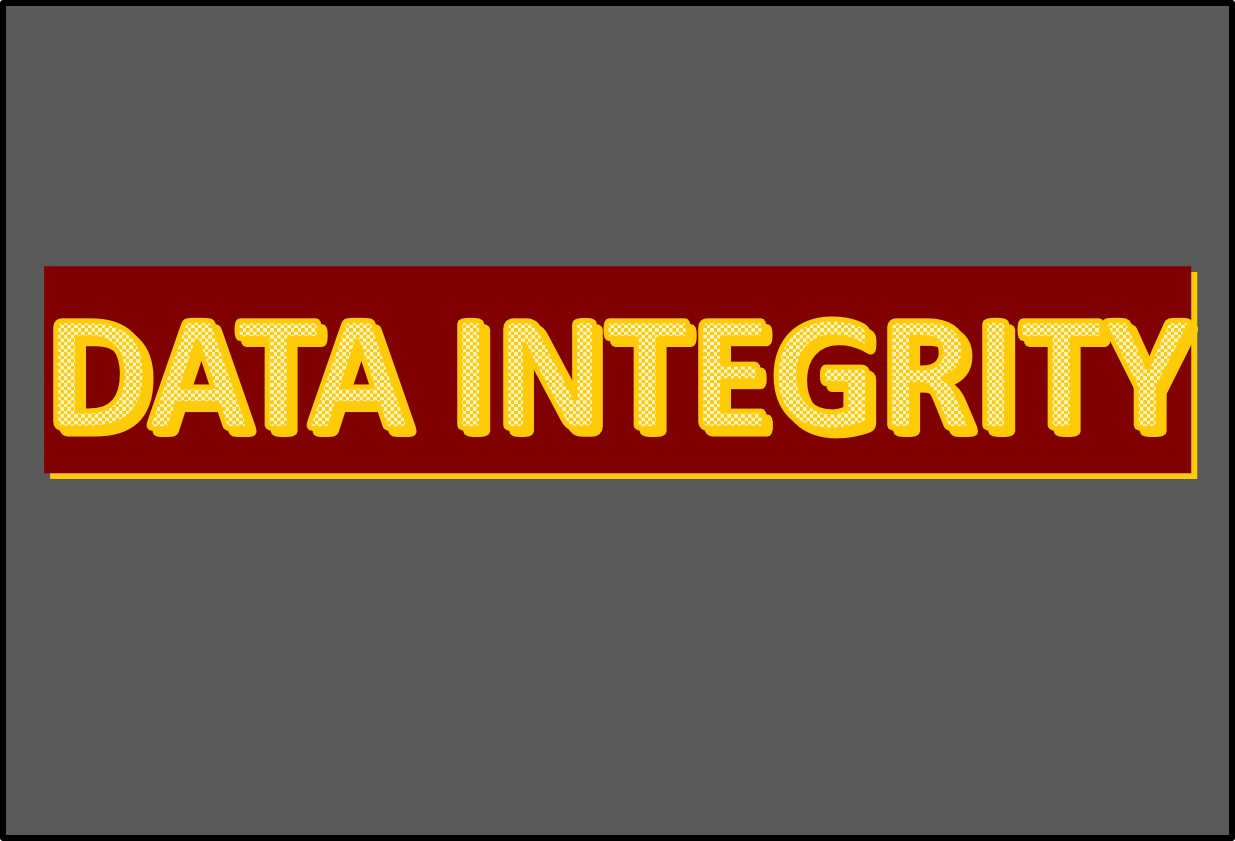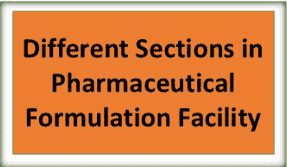Data Integrity Insights

This article contains comprehensive information on Data integrity.
DATA INTEGRITY
What is mean by Data integrity?
Data integrity is in short accuracy, completeness, and consistency of data throughout its entire life cycle which will determine the product quality and compliance with the applicable regulatory requirements, Moreover It ensures that data is not altered, deleted or corrupted in an unauthorized or unintentional manner.
Data integrity is a critical aspect of data management as it helps to maintain the quality and trustworthiness of data, which is essential for making informed decisions based on accurate information.
Why Data integrity is important ?
Data Integrity in Pharmaceutical Industries is important to ensure that the end products should meet the required quality standards moreover it is crucial as it directly impacts patient safety, regulatory compliance, and product quality. Pharmaceutical companies are responsible for producing drugs and medical devices that are safe and effective for human use.
Inaccurate, incomplete, or falsified data can lead to serious consequences, such as..
- Warning Letters
- Import alert
- Financial penalties
- Product Recalls
- Loss of trust
- Loss of Jobs
- Closure of business
- Loss of revenues
What is mean by Breach of Data Integrity?
It is a violation of the integrity of data. in short this means activity performed and Documents/Records written not reflecting as actual what in reality activity performed taken place.
In the pharmaceutical industry, a breach of data integrity can occur at any stage of drug development, Manufacturing, or Testing and can have serious consequences for patients, companies, and regulatory.
Common Terminology used for Breach of data integrities are as Falsification of data, Alteration of data, Misrepresentation, Misleading information, Forgery etc..
Some examples of Breach of Data Integrity are as below :
- The Deliberate manipulation or falsification of data to make it appear more favorable or to hide negative results.
- Data not entering at the time of activity performed.
- Inadequate or incomplete documentation of data, failing to maintain accurate and complete records.
- Signing off the records for activity not performed by staff.
- Intentionally misplacing or replacing documents
- Discarding/Deletion of data
- Releasing failing product
- Recording of an activity not performed.
- Extrapolating values to achieve the desired results.
- Manipulating data and time in computer system or any other system used for GMP activities.
- Trial runs during analysis (Actual samples shall not be used to perform system suitability test.
- Reprocessed Chromatograph not keep back for review.
- Copying existing data as new data
- Re-running samples without justifications and investigations
- Discarding/Deletion of data
- Releasing the failing product.
- Manipulating and or misrepresenting any parameters such as process, analytical and testing parameters etc.
- Re-running samples without justifications and investigations.
- unauthorized access to confidential data, such as laboratory data or clinical trial data.
What are the GMP Regulatory requirements for Data integrity ?
Below are the some basic GMP Requirements as per regulatory expectations.
- Equipments/Instruments used in GMP areas /GMP activities must be qualified before taken in to use in product operations.
- Software which are available in the systems or facility must be validated.
- Processes which are performing in GMP area must be validated.
- Data generated during the manufacturing and Testing process must be backed up
- Data must be accurate, complete and follow procedures
- Hold Time study should be performed wherever required.
- Processes and Methods used must be documented and approved
- Data generated and transformed must be scientifically meet the criteria as per the guidance.
- Any calculations used during process and Testing must be verified.
What are Main/Basic areas where Regulatory Focus in Terms of Data integrity ?
Some of the key elements that regulators typically look for in terms of data integrity include:
- Data accuracy and completeness,
- Data traceability
- Fabricating data
- Not saving electronic or hard copy data till the retention time
- Backdating
- Not recording activities contemporaneously
- Copying existing data as new data
- Releasing failing product
- Re-running samples
- Testing till compliance
- Discarding data
- Personnel training and qualifications.
What are the standards for integrity of GMP Data ?
Below are some set of data integrity principles that are widely used in the pharmaceutical industry i.e. ALCOA & ALCOA +
A- Attributable :
Who generated the data, with clear documentation of who did what, when, and how.
L- Legible :
Data should be read easily and understand with clear documentation. No ambiguous abbreviations or codes.
C- Contemporaneous :
Data should be documented at the time of activity as it is generated, rather than being transcribed or reconstructed later.
O- Original :
Data should be the original record of what was done or observed.
A- Accurate :
Data should be accurate, with no errors, omissions or editing without documented amendments.
C- Complete :
Data should be complete, all data including any repeat or reanalysis performed on the sample, with no missing or omitted data that could impact the interpretation or analysis of the data.
C- Consistent :
Data should be consistent across all records such as sequence of events with no discrepancies or conflicts between data sets.
E- Enduring :
Data should be stored in a secure, reliable, and accessible format, and should be retained for the appropriate amount of time as dictated by regulatory requirements or internal policies.


